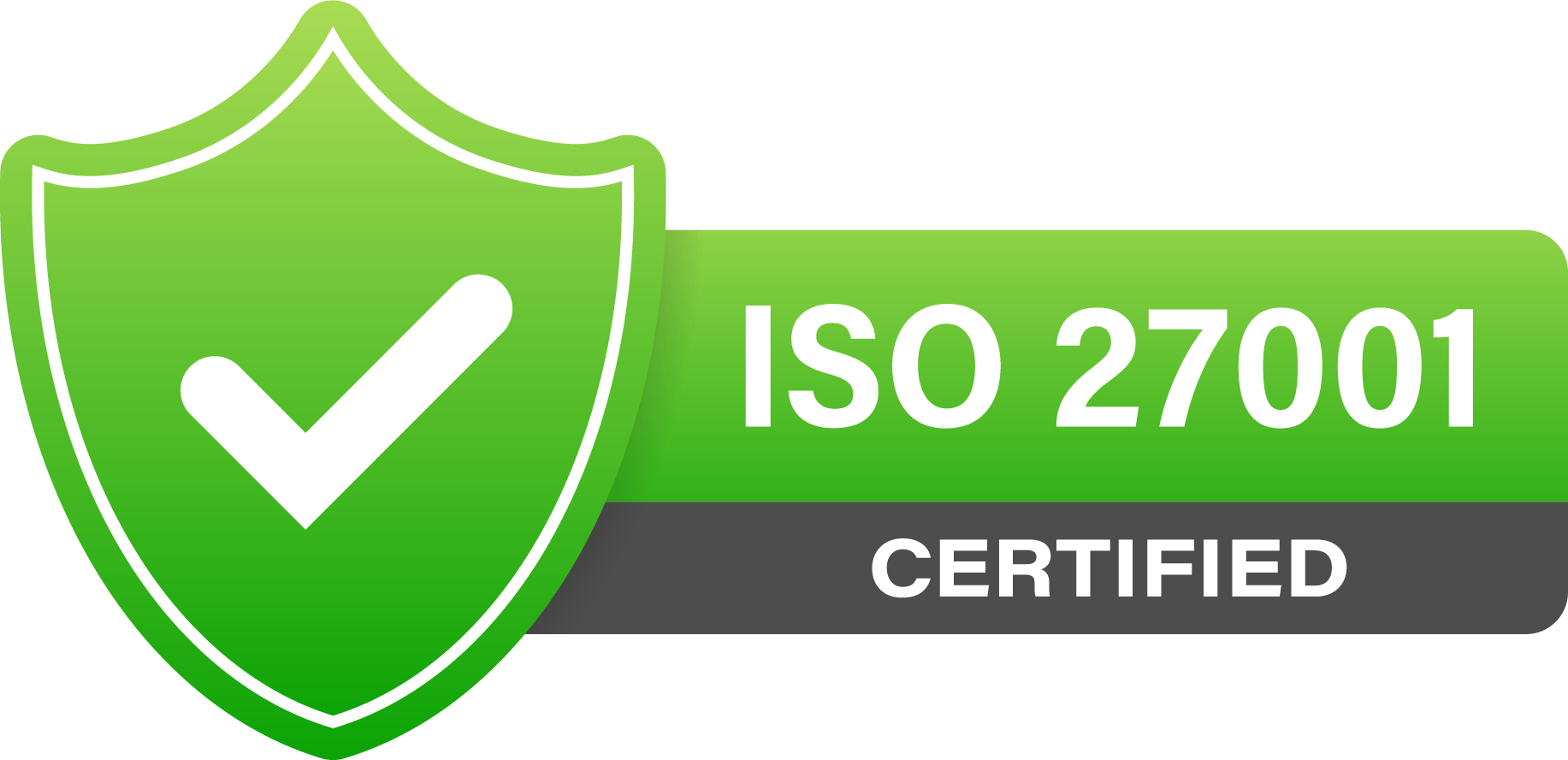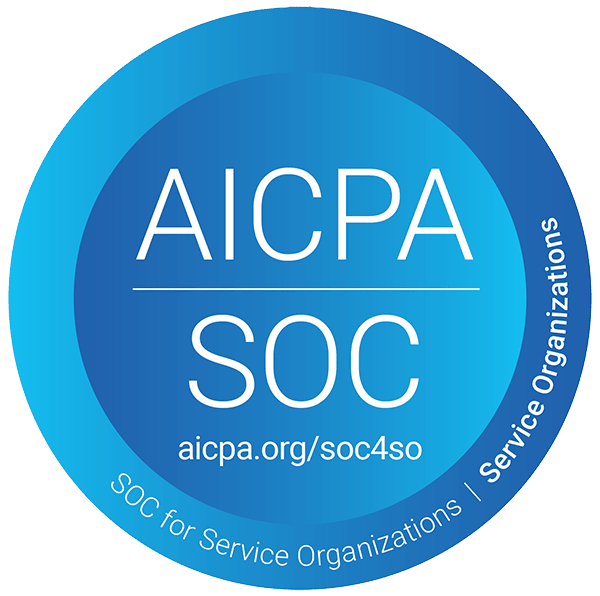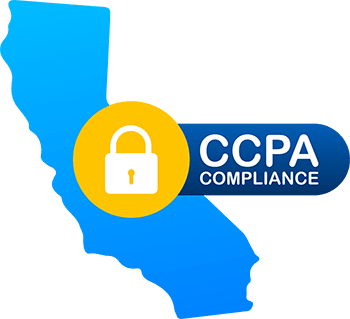No, authorized deductions for EWA transactions do not trigger wage assignment or wage discounting laws. In general, a wage assignment occurs when the employee pledges future earnings against a present debt obligation. In other words, an assignment of wages provides collateral for an underlying loan or credit transaction, giving the lender a right to seize wages in the event of a default. Some states prohibit wage assignments because they can be associated with abusive lending practices and harmful consequences for the employee, like sacrificing an entire paycheck to cover a debt. These concerns are not an issue with the Payactiv model, which does not rely on a wage assignment.
Statutes governing wage assignment transactions usually focus on whether the debtor “assigns future wages to the creditor in the event of default.” Payactiv does not do this: we do not issue debt, deal in unearned/future wages, or most importantly, reserve recourse rights against the user. Payactiv’s Terms & Conditions confirm these principles, and disclaim any wage assignment or debt of any kind.
Payactiv’s EWA program also does not trigger “wage discounting” laws, which generally prohibit employers from imposing conditions or obstacles which interfere with or prevent an employee from promptly receiving their due wages. To the contrary, Payactiv does just the opposite, eliminating obstacles that interfere with or prevent an employee from promptly receiving their earned wages. To be clear, Payactiv does not act as a payroll provider, and does not discharge the employer’s wage payment obligations; employees are never required to utilize the benefit or pay a fee to obtain their wages. In addition, employees can always receive their paycheck at no cost through the normal payroll channel.









